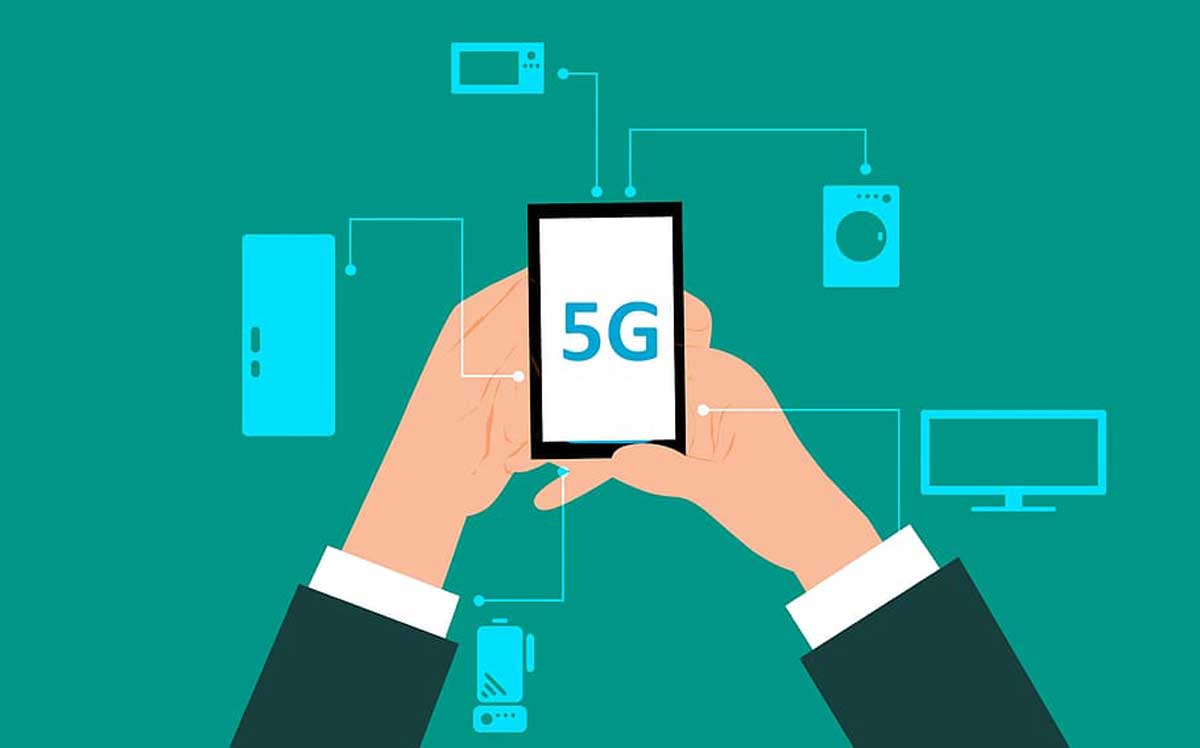

Coal Ministry Achieves Milestones under Special Campaign 5.0
The Ministry of Coal and its Public Sector Undertakings (PSUs) have achieved notable milestones under the Special Campaign 5.0, focusing on cleanliness, operational efficiency, and sustainability across the coal sector. During the implementation phase from 2–31 October 2025, over 1,205 sites were cleaned, covering 68,04,087 sq ft, nearing the target of 82,51,511 sq ft. Scrap disposal of 5,813 MT against a target of 8,678 MT generated Rs 228.7 million in revenue. In addition, 1,11,248 physical and 30,331 electronic files were reviewed, with 74,123 weeded out or closed. Key initiatives showc..

Vesting Orders Issued for Three Coal Blocks under Commercial Auctions
The Ministry of Coal’s Nominated Authority has issued vesting orders for three coal blocks under commercial coal block auctions on 23 October 2025. The Coal Mine Development and Production Agreements (CMDPAs) for these mines were earlier signed on 21 August 2025. The three blocks include Rajgamar Dipside (Deavnara), Tangardihi North, and Mahuagarhi. Of these, two are partially explored while one is fully explored, with a combined peak rated capacity of around 1 MTPA and geological reserves of approximately 1,484.41 million tonnes. These mines are expected to generate annual revenue of abou..

TEC, IIT-Hyderabad Partner to Boost 6G and Telecom Standards
The Telecommunication Engineering Centre (TEC), technical arm of the Department of Telecommunications (DoT), has signed a Memorandum of Understanding (MoU) with the Indian Institute of Technology Hyderabad (IIT Hyderabad) for joint research and technical collaboration in advanced telecom technologies and standardisation. The partnership focuses on developing India-specific standards and test frameworks for next-generation networks, including 6G, Artificial Intelligence (AI), and Non-Terrestrial Networks (NTNs). It also aims to enhance India’s participation in international standardisation f..
















